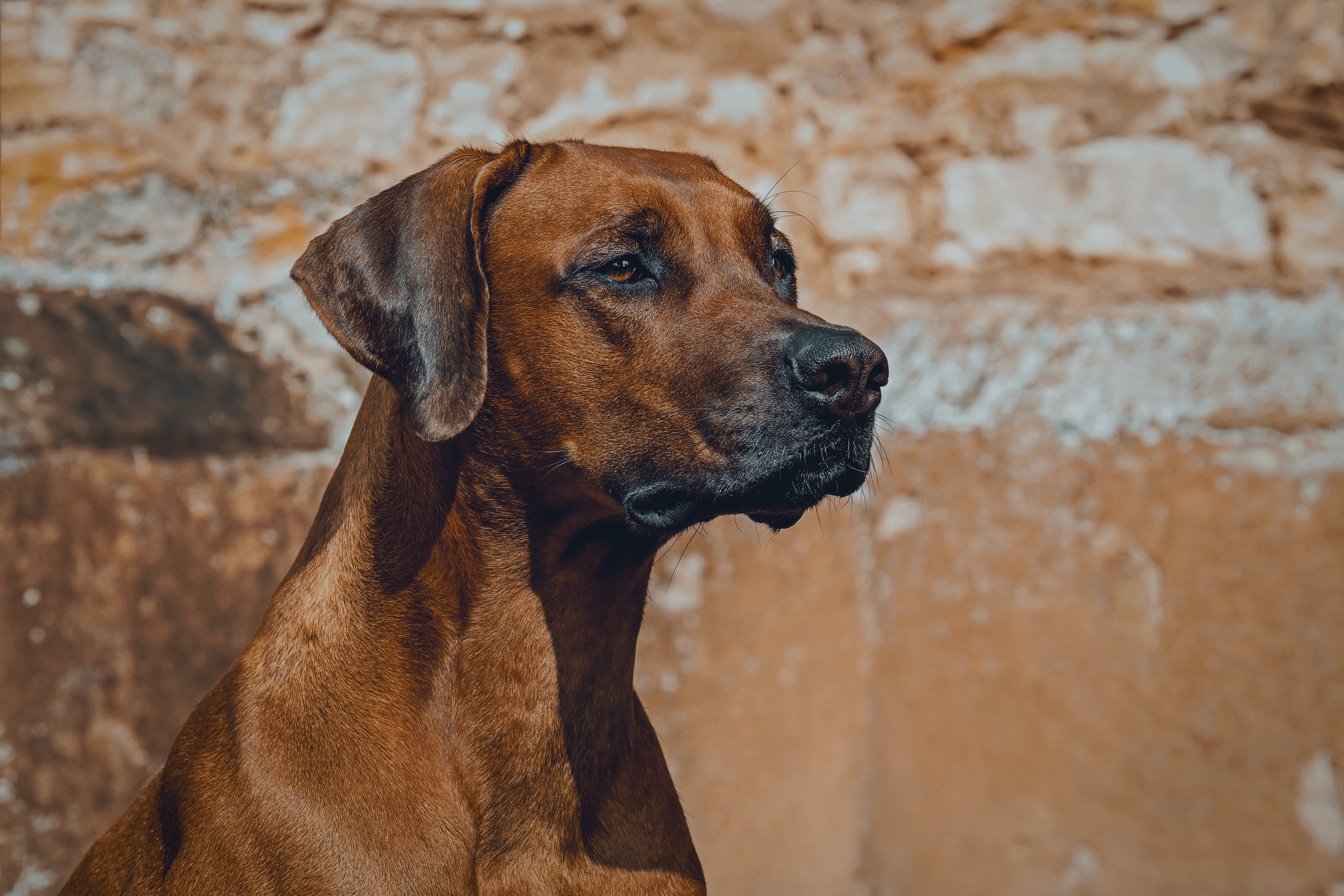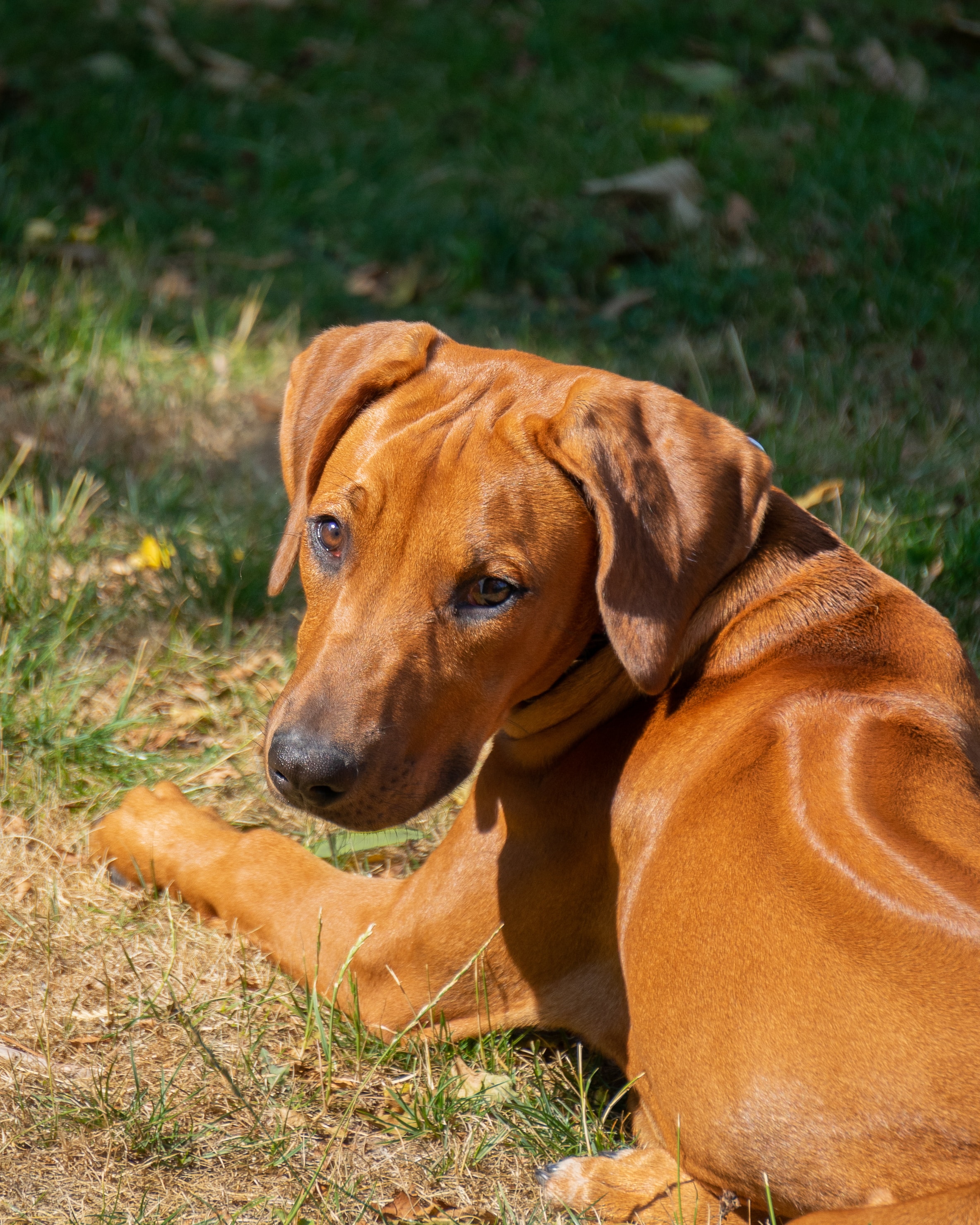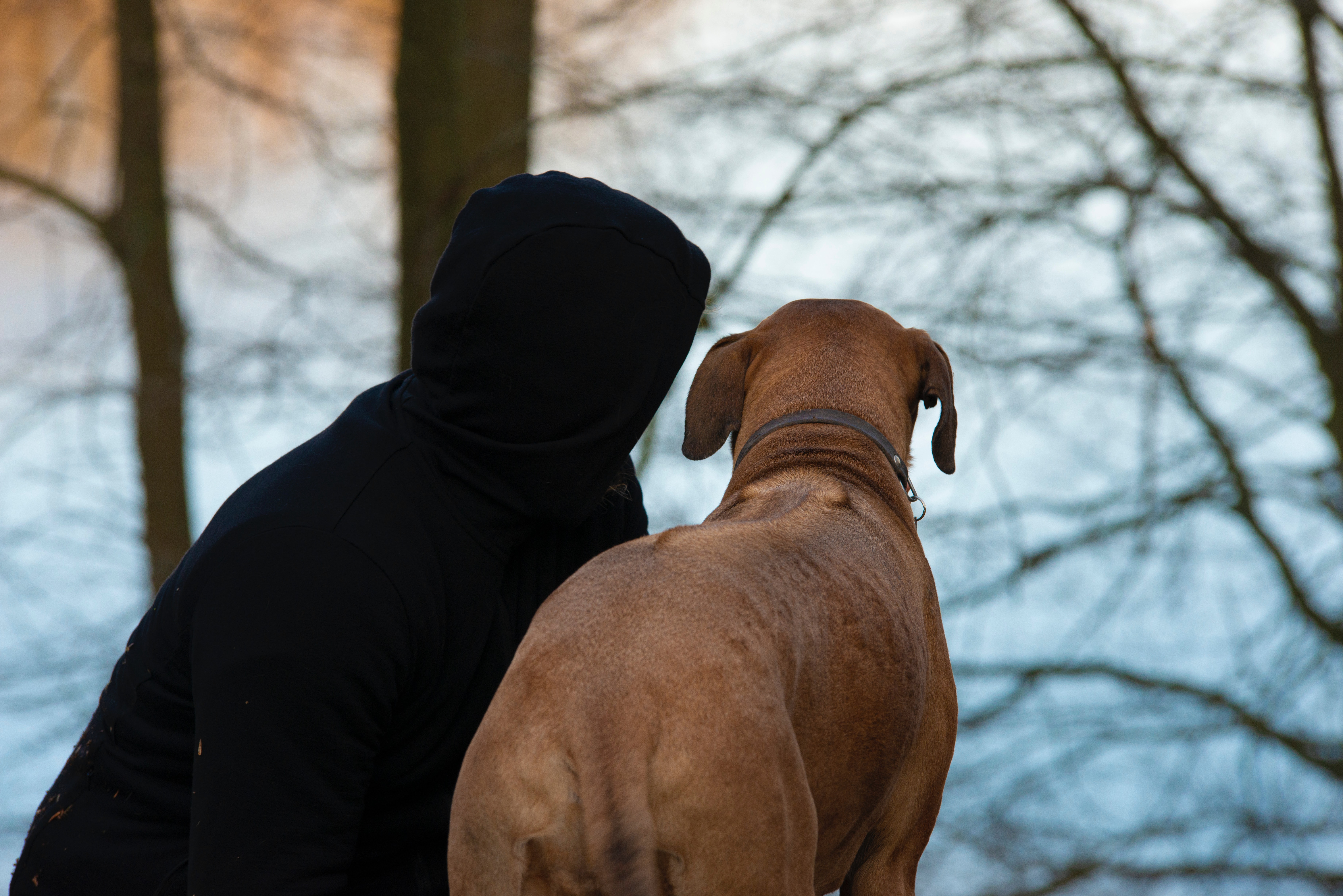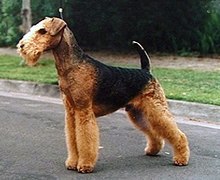
The Rhodesian Ridgeback, distinguished by the hallmark “ridge” of hair running along its back in the opposite direction, is a breed steeped in African heritage. Originally bred in southern Africa to hunt lions, often referred to as the “African Lion Hound,” this robust and agile dog combines strength with speed. Characterized by its sleek, short coat of reddish-brown hue and expressive eyes, the Ridgeback exudes both elegance and resilience. Beyond its hunting legacy, this breed has become a cherished family companion, revered for its protective nature, intelligence, and loyalty.
The Rhodesian Ridgeback is a member of the AKC Hound Group.
Breed Characteristics
| Dog Breed | Rhodesian Ridgeback |
| Breed Popularity (AKC) | 41 |
| Country of Origin | Rhodesia |
| Personality | Intelligent, athletic, loyal, good-natured |
| Life Expectancy | 10-10 yrs |
| Height | 24-27 in |
| Weight | 70-85 lbs |
| Color | Light Wheaten |
| Coat | Short and dense, sleek and glossy in appearance |
| Shedding | Seasonal |
| Grooming | Weekly Brushing |
| Health Problems | Hip dysplasia, eye problems, cancer |
| Trainability | Independent |
| Exercise Needs | Regular Exercise |
Rhodesian Ridgeback History
Native to southern Africa, the Rhodesian Ridgeback is renowned for its unique ‘ridge’ of hair running along its back. The breed’s roots trace back to the Khoikhoi dog, which was crossbred with European breeds during colonization. These dogs were bred for their ability to bay lions, allowing the hunter to make the kill, hence sometimes referred to as ‘African Lion Hounds’.
Temperament
Rhodesian Ridgebacks are dignified and somewhat reserved. Initially bred to hunt lions, they exhibit a protective nature, especially towards their families. Their behavior can be independent, requiring consistent training methods. They are intelligent, but their strong-willed nature can pose challenges in trainability. Socialization is key to ensure a well-rounded temperament. They have a moderate energy level, enjoying long walks and playtime. Their protective instincts make them wary of strangers but are generally non-aggressive unless provoked.
Remember, while breed traits provide a general idea, individual dogs can have personalities that differ from the breed standard. Always spend time getting to know the dog and ensure their needs and temperament align with your lifestyle.
Grooming Requirements
Rhodesian Ridgebacks have a short, sleek coat that’s relatively low-maintenance. Brushing can help remove loose fur, and bathing should be done occasionally using a quality dog shampoo. The routine grooming essentials, such as nail trimming and ear checks, should be followed for this breed.
Rhodesian Ridgeback Health
Rhodesian Ridgebacks, living for about 10-12 years, are known for their robust constitution. Regular vaccination, flea prevention, and timely deworming are paramount. They can be predisposed to hip dysplasia, and some might develop allergies. A balanced diet, filled with high-quality dog food and nutrition-rich treats, can support their overall health. Neutering or spaying is often advised for household pets.
Exercise Needs
Rhodesian Ridgebacks are known for their stamina and agility. They thrive on regular vigorous exercise like long walks or jogs. Fetch games and agility sessions can also cater to their energy levels. Trips to the dog park offer them playtime and socialization opportunities. Given their hunting background, they enjoy structured games and activities.
Training
Rhodesian Ridgebacks, renowned for their distinct ‘ridge’ and courageous demeanor, require firm obedience training. Clear commands aid in potty training, while crate training provides a secure space. Given their hunting instincts, addressing behavior problems early is paramount. Socialization, especially during their formative months, ensures they’re adaptable and congenial with other pets and humans.
Rhodesian Ridgeback Pictures



Related Dog Breeds
More Dog Resources
Are you thinking about getting a puppy? Make sure to check out our list of important questions to ask before you adopt a puppy.
We also have many resources to help, from naming your puppy to socialization resources and training tips.
Take me back to the Ultimate Guide to Dog Breeds



